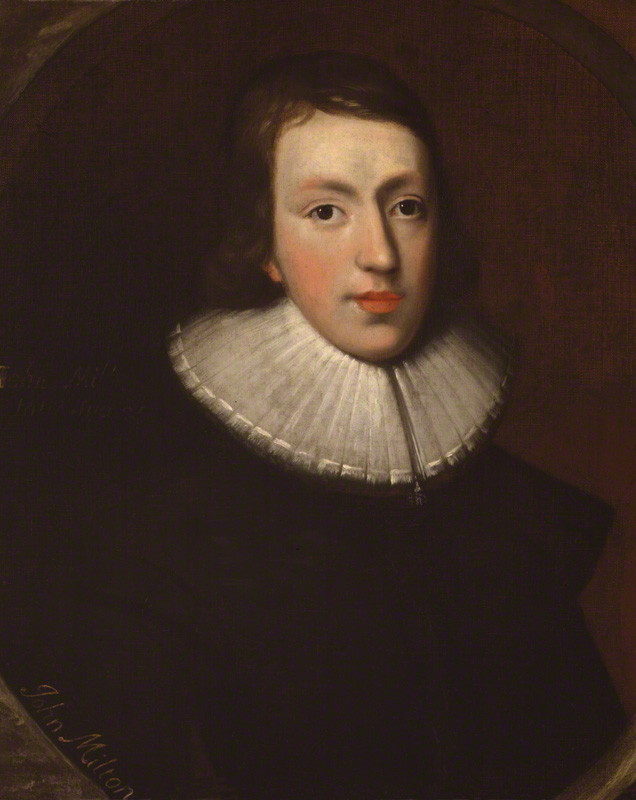Paradise Lost
Frases célebres de John Milton
El Paraíso Perdido
John Milton Frases y Citas
Paraiso Perdido, El - Ilustraciones de Dore
El Paraíso Perdido
As good almost kill a man as kill a good book. Who kills a man kills a reasonable creature, God's image; but he who destroys a good book, kills reason itself, kills the image of God, as it were in the eye.
Fuente: Areopagítica (discurso de Milton en 1644, por la libertad de prensa sin licencia ante el Parlamento de Inglaterra).
John Milton: Frases en inglés
Fuente: L'Allegro (1631), Line 127; comparable to: "Wisdom married to immortal verse", William Wordsworth, The Excursion, book vii
“Let not England forget her precedence of teaching nations how to live.”
The Doctrine and Discipline of Divorce Preface: "TO THE PARLAMENT OF ENGLAND" https://www.dartmouth.edu/~milton/reading_room/ddd/parliament/text.shtml (1643)
Sonnet VIII: When the Assault was Intended to the City
Fuente: Il Penseroso (1631), Line 65
Hymn, stanza 19, line 173
On the Morning of Christ's Nativity (1629)
“Beholding the bright countenance of truth in the quiet and still air of delightful studies.”
The Reason of Church Government, Introduction, Book ii
“He knew
Himself to sing, and build the lofty rhyme.”
Fuente: Lycidas (1637), Line 10
“Look homeward, Angel, now, and melt with ruth.”
Fuente: Lycidas (1637), Line 163
“And every shepherd tells his tale
Under the hawthorn in the dale.”
Fuente: L'Allegro (1631), Line 67
“The end of learning is to know God, and out of that knowledge to love Him and imitate Him.”
Quote reported in Josiah Hotchkiss Gilbert, Dictionary of Burning Words of Brilliant Writers (1895), p. 364
“Truth is as impossible to be soiled by any outward touch as the sunbeam.”
The Doctrine and Discipline of Divorce (1643), Introduction. Compare: "The sun, which passeth through pollutions and itself remains as pure as before", Francis Bacon, Advancement of Learning, Book ii (1605)
“Time will run back and fetch the Age of Gold.”
Hymn, stanza 14, line 135
On the Morning of Christ's Nativity (1629)
“Blind mouths! That scarce themselves know how to hold
A sheep-hook.”
Fuente: Lycidas (1637), Line 119
“O nightingale, that on yon bloomy spray
Warbl'st at eve, when all the woods are still.”
Sonnet, To the Nightingale (c. 1637)
The Doctrine and Discipline of Divorce (1643), Introduction
“No man who knows aught, can be so stupid to deny that all men naturally were born free.”
Tenure of Kings and Magistrates (1649)
Introduction to Paradise Lost Added, 1668
“Swinges the scaly horror of his folded tail.”
Hymn, stanza 18, line 172
On the Morning of Christ's Nativity (1629)
“Such as may make thee search the coffers round.”
At a Vacation Exercise. Line 31, reported in Bartlett's Familiar Quotations, 10th ed. (1919)
